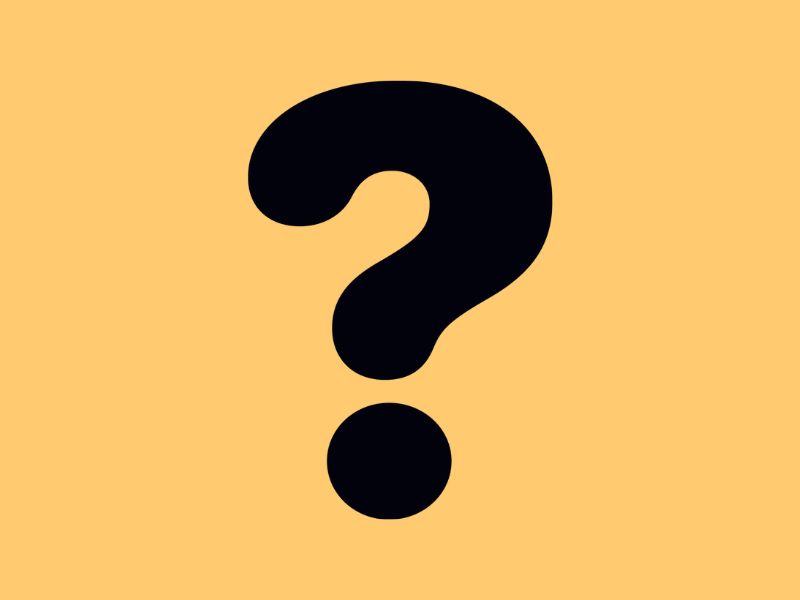
How do credit cards work?
Weigh up the benefits and risks, and how credit cards can affect your credit score.
Credit cards can be a helpful tool for building your credit history – and many people turn to them as a way to grow their credit score. But if you've never had one before, the various terms and interest rates can feel a bit overwhelming.
The thing to remember is that credit cards come with both potential benefits and risks. While they could help boost your score when used well, missed payments will work against you and could bring your number down.
We'll take you through how credit cards work and what you need to know. And don't worry – there are plenty of other ways to improve your credit score too, so a credit card isn't your only option.
What is a credit card?
A credit card is a type of borrowing. When you use one, you’re spending money that isn’t yours – yet. The card provider lends you money up to a certain limit, and you agree to pay it back later. You can either pay off the full balance each month or make minimum payments and carry the rest over to the next month, which will usually incur interest.
Think of it as a short-term loan that renews every month.
How can a credit card help build my credit score?
Your credit score reflects how well you manage credit. It’s based on your credit history – how long you’ve had credit, how much you use, and how reliably you pay it back.
Using a credit card responsibly can help you build a positive credit history in several ways:
Payment history: Making payments on time shows lenders you’re reliable.
Credit utilisation: Keeping your balance low compared to your credit limit can demonstrate good financial management– because high utilisation can signal you’ve taken on a lot of debt that could be unaffordable and may be reliant on it.
Credit mix: Having different types of credit (like a credit card and a mobile phone contract) could improve your score.
Length of credit history: A longer track record of positive credit payments can reflect well on lenders – it’s more proof that you can handle credit comfortably and be relied on to pay them back. Your credit accounts will stay on your report for six years from the date they close.
Keep in mind that it’s not about how much you spend, but how well you manage what you borrow.
You can monitor your payments and any changes to your credit score with your most detailed credit report. At Checkmyfile, we put your information from Equifax, Experian, and TransUnion in one place. And if you need help, our UK-based customer care team is on hand to help.
What are the benefits of using a credit card?
Used responsibly, a credit card offers more than just a way to build your credit score. Here are some of the perks:
1. Protection
Under Section 75 of the Consumer Credit Act, purchases between £100 and £30,000 are protected if something goes wrong. That means if a retailer goes bust, your item never arrives, or the goods you buy are faulty or mis-sold, you can claim the money back through your card provider.
2. Flexibility
Credit cards can help smooth out your cash flow. If your payday doesn’t quite line up with your bills, a credit card can bridge the gap – just make sure you pay it off on time.
3. Rewards
Some cards offer cashback, points, or travel perks. These can be a nice bonus if you’re already using the card responsibly.
What are the risks?
Credit cards aren’t without their pitfalls. Here’s what to watch out for:
1. Interest
If you don’t pay off your balance in full each month, you’ll be charged interest. This can add up quickly and make your debt harder to manage.
2. Overspending
It can be easy to forget that credit isn’t free money. Spending beyond your means can lead to becoming over-indebted, where it’s difficult to pay back what you owe.
3. Impact on credit score
Missing payments or maxing out your card can hurt your credit score. Even applying for too many cards in a short time can have a negative effect – because you could be perceived as being reliant on credit, taking on large amounts of debt, and a higher risk to lend to as a result.
4. Closing accounts
You may see a dip in your credit score after closing a credit account. This is because an open account with a good credit history usually influences your score more than a closed one with good history. Closure of an account will also affect your credit utilisation rate as it will reduce your available credit limit.
Tips for using a credit card wisely
Pay on time: Consider setting up a direct debit for at least the minimum payment.
Monitor your balance: Using too much credit can make you appear reliant on it, and more of a risk to lend to – this is because lenders might think you’re taking on lots of debt and are therefore less likely to repay what you owe.
Don’t apply for too many cards: Each application leaves a footprint on your credit report. Read more about what happens when you apply for a new card here.
Check your credit report regularly: With Checkmyfile, you see everything a lender could see and can spot any issues early.
Alternatives to credit cards for building credit
If you don’t want a credit card, there are other ways to build your credit score:
1. Mobile phone contracts
Paying your phone contract on time each month helps build your credit history.
2. Rent reporting services
Some services allow your rent payments to be added to your credit report, helping you build a history of reliable payments. We cover this in more detail here.
3. Store cards
These work like credit cards but are tied to specific retailers. They can help build credit but often come with higher interest rates – so be careful of this if you choose to use one.
Final thoughts
Getting a credit card is a big step, and it’s one that could be beneficial if you use it wisely. It’s not about spending – it’s about showing lenders that you’re responsible, reliable, and in control of your finances. And don’t forget – there are many other ways to improve your credit score.
Monitor your credit health with your most detailed credit report. Start with a 7-day free trial, then it’s a paid monthly subscription you can cancel online anytime.
